Diwali: Celebrating Light, Victory, and Prosperity
Celebrating Diwali and Lighting the Lights Within
Diwali, the Festival of Lights, symbolizes the triumph of light over darkness and knowledge over ignorance. Celebrated widely across India, this vibrant festival honors the return of Lord Rama to Ayodhya after defeating the demon king Ravana, an event steeped in the ethos of victory and renewal. Beyond its Hindu roots, Diwali holds significant meanings in Jainism, Sikhism, and amongst other communities, reflecting a shared appreciation for ethical values and the victory of good over evil.
Diwali, a festival cherished by millions, has become a subject of debate due to concerns about pollution. While some criticize the celebrations for allegedly contributing to poor air quality in Delhi and the National Capital Region (NCR), others argue that these concerns are overstated or unfairly targeted. Notably, similar worries about pollution and environmental impact are rarely raised about festivals from other faiths, such as Bakrid, which involves animal slaughter in residential areas. To provide clarity on this issue, we have dedicated a separate blog to examining the relationship between Diwali celebrations and pollution.
Historical Significance of Diwali
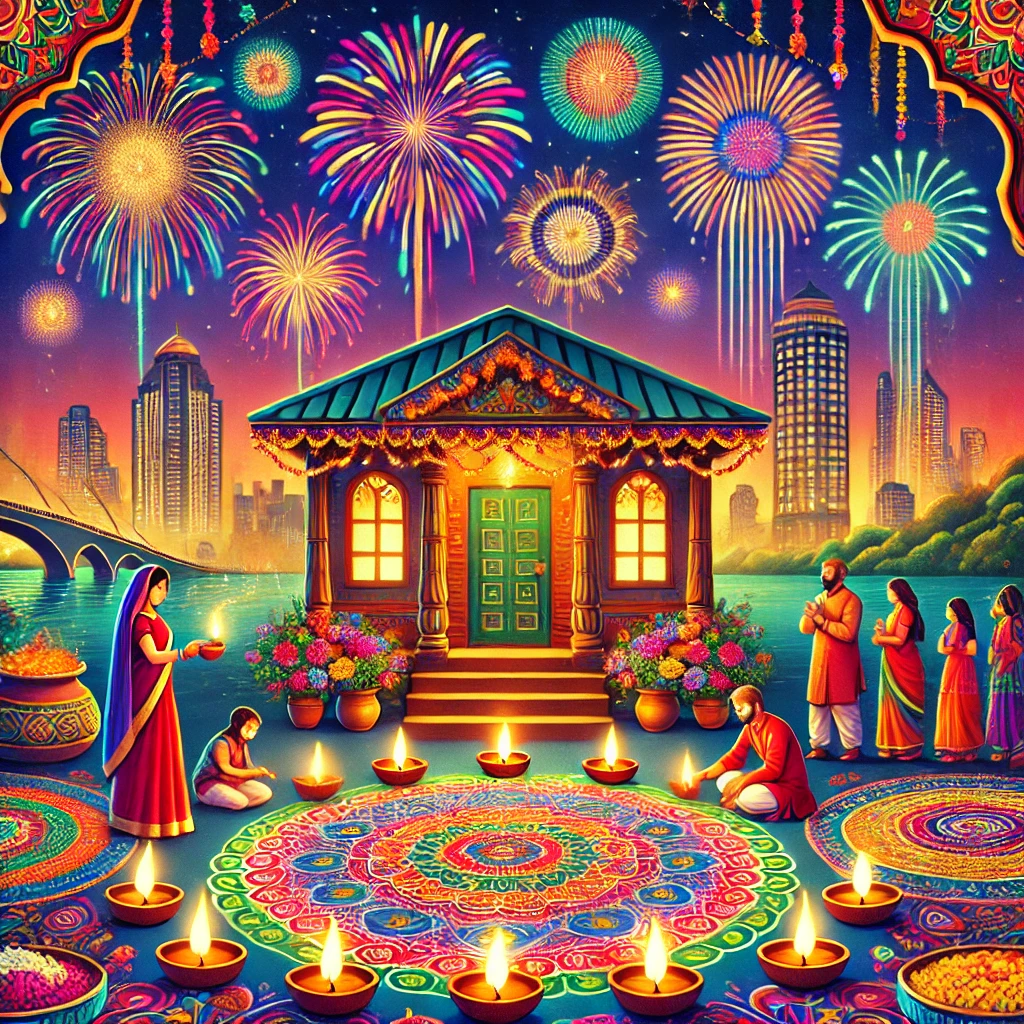
Diwali, deeply rooted in Hindu tradition, is more than just a festival; it is a celebration of hope and renewal. According to the epic, Ramayana, Diwali marks the triumphant return of Lord Rama to Ayodhya after a 14-year exile and his victory over the demon king Ravana. This return was celebrated by the people of Ayodhya who illuminated the city with countless earthen lamps, initiating the tradition of lighting lamps that symbolizes the victory of light over darkness and knowledge over ignorance. The day Lord Rama returned, the new moon night of Kartik, became forever enshrined as Diwali.
Furthermore, Diwali also embraces narratives from other religious texts, such as the belief in Jainism that it marks the nirvana of Lord Mahavira, and in Sikhism, it falls a few days after the celebration of Bandi Chhor Divas.
For many, the festival also honors Goddess Lakshmi, the custodian of all riches of the universe, who, according to Hindu texts, chose Lord Vishnu as her husband on this auspicious day.
The interweaving of these narratives into the cultural fabric of Diwali highlights its significance as a pan-Indian festival that transcends individual religious identities, reflecting a collective celebration of ethical values and traditional virtues.
Rituals and Celebrations of Diwali
The rituals and celebrations of Diwali are as diverse as the stories that inspire the festival. A central feature is the lighting of diyas—small oil lamps made of clay—that cast a glow over homes and pathways, symbolizing the guiding of ancestors’ spirits back to the heavens and inviting prosperity and health, as represented by Goddess Lakshmi, into the home.
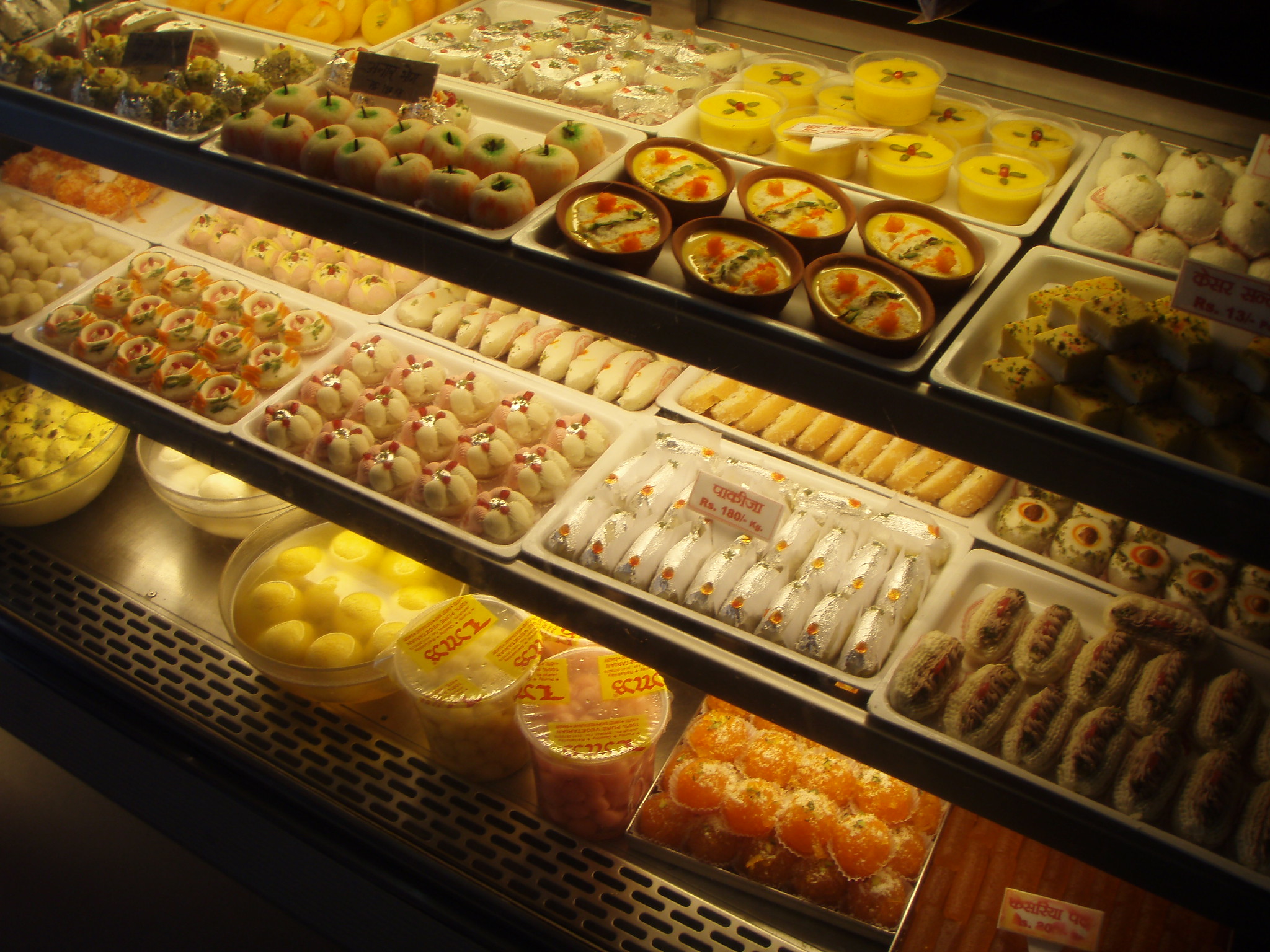
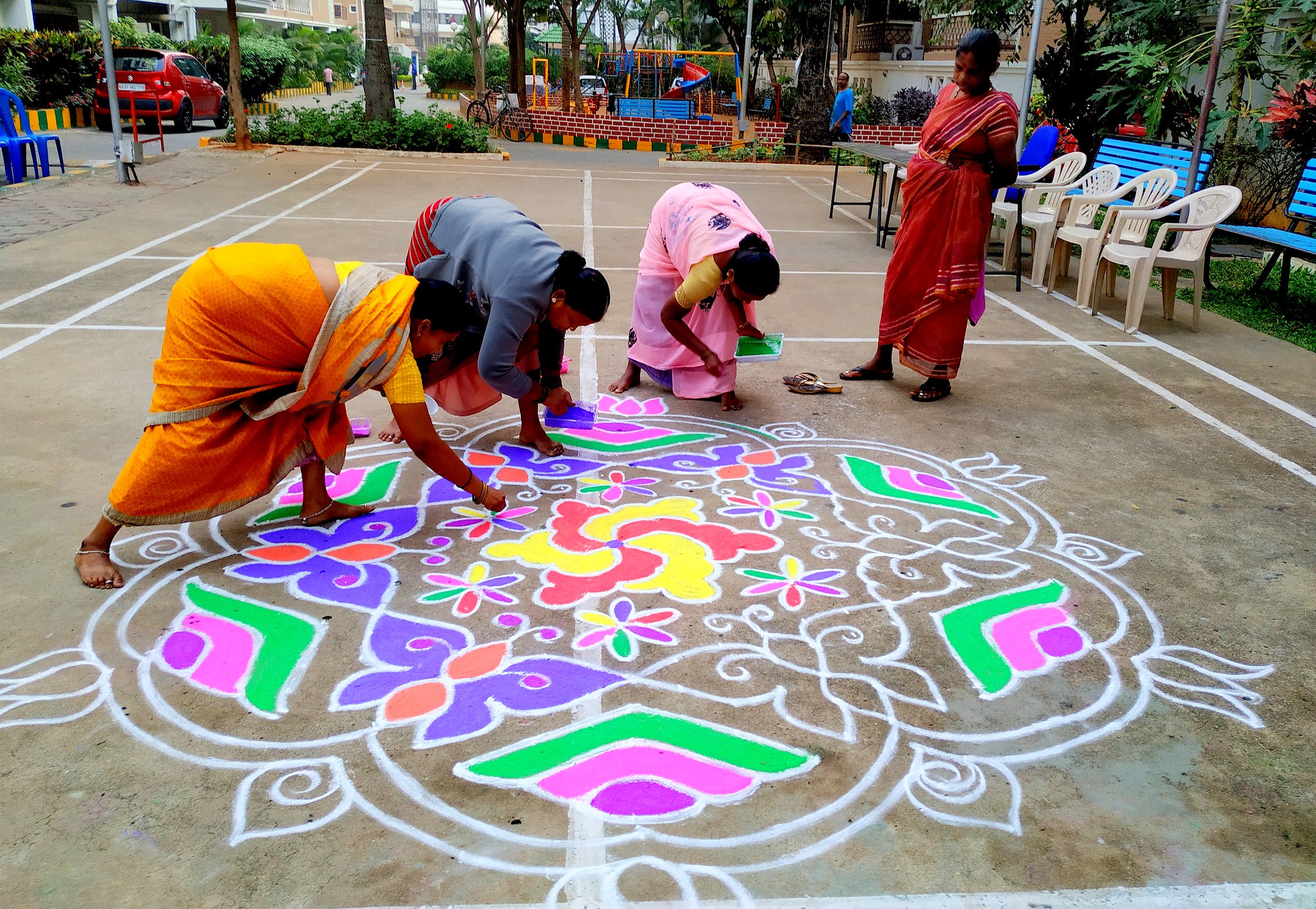
Regional Variations 0f Diwali Celebrations
Diwali, celebrated with great enthusiasm across India, takes on different cultural nuances depending on the region. Each area highlights unique traditions that reflect their historical connections to the festival.
- Northern India: Northern India: Here, the focus of Diwali is the celebration of Lord Rama’s epic return, particularly vibrant in cities like Ayodhya, Varanasi, and Delhi. Each city adds its unique flair to the festivities, with Ayodhya hosting a spectacular display of lights along the Sarayu River banks. Major cities like Ayodhya, Varanasi, and Delhi are known for their grand celebrations, including spectacular fireworks and beautifully lit streets.
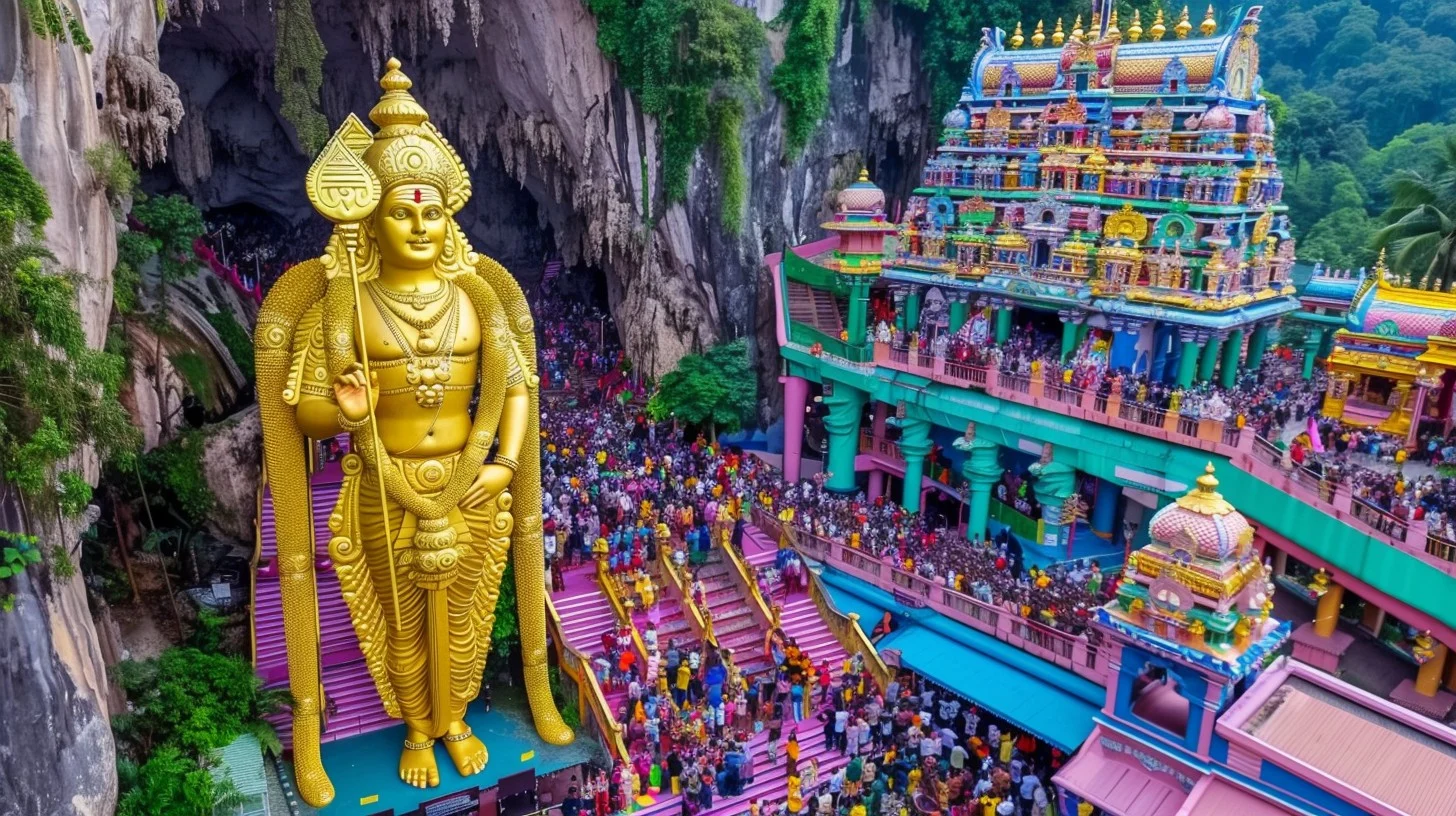
- Southern India: In states like Tamil Nadu, Karnataka, and Andhra Pradesh, Diwali is often referred to as Deepavali. In addition to celebrating the return of Lord Rama to his kingdom, Ayodhya after 14 years of exile, the day is also associated with the legend of Lord Krishna defeating the demon Narakasura. The celebration is marked by early morning rituals followed by a special oil bath and bursting of crackers, symbolizing the removal of evil.
- Western India: In Gujarat, Diwali also marks the beginning of a new fiscal year, making it a significant event for the business community. The day is celebrated as the New Year’s day in Gujarati culture, known as Bestu Varas. Businesses perform Chopda Pujan, where account books are worshipped for prosperity in the coming year, followed by traditional festivities.
Famous Places for Diwali Celebrations
While Diwali is celebrated with fervor across India, certain regions are particularly renowned for their unique and grand celebrations. These places, with their distinctive traditions, attract visitors from all over the country and the world, eager to partake in the festivities.
Ayodhya, Uttar Pradesh
In the historical city of Ayodhya, Diwali is not just a festival but a grand return to its ancient glory. As the legendary birthplace of Lord Rama, Ayodhya commemorates his return with millions of earthen lamps illuminating the city, especially along the banks of the river Sarayu. This spectacle, coupled with cultural performances, crafts bazaars, laser light shows, and fireworks, makes Ayodhya a focal point of Diwali celebrations.
Varanasi, Uttar Pradesh
Varanasi, one of the world’s oldest inhabited cities, celebrates Diwali with a spiritual fervor that matches its historical and religious significance. The ghats along the Ganges glow with countless lamps and candles during the festival. The ritual of Ganga Aarti during Diwali is a mesmerizing experience, with large crowds gathering to witness the river being worshipped amidst chants and bells.
Jaipur, Rajasthan
In Jaipur, the Pink City turns into a city of lights during Diwali. The markets are beautifully decorated, with the entire city participating in a display of lights and colors. Jaipur is famous for its royal palace’s Diwali celebrations, where the buildings are lit up in a stunning display of regality and tradition.
Amritsar, Punjab
Diwali in Amritsar coincides with the Sikh celebration of Bandi Chhor Divas, commemorating the return of the sixth Sikh Guru, Guru Hargobind Ji, from Mughal imprisonment. The Golden Temple is spectacularly illuminated with lights and fireworks, creating a mesmerizing reflection in the surrounding waters and offering a unique blend of Hindu and Sikh traditions.
Kolkata, West Bengal
In Kolkata, Diwali is celebrated with the worship of Goddess Kali rather than Lakshmi, as in other parts of India. Known as Kali Puja, the festival sees elaborate pandals and idols of Goddess Kali set up across the city. The night is marked by fireworks and the lighting of lamps, blending Diwali’s themes with local Bengali traditions.
Chennai, Tamil Nadu
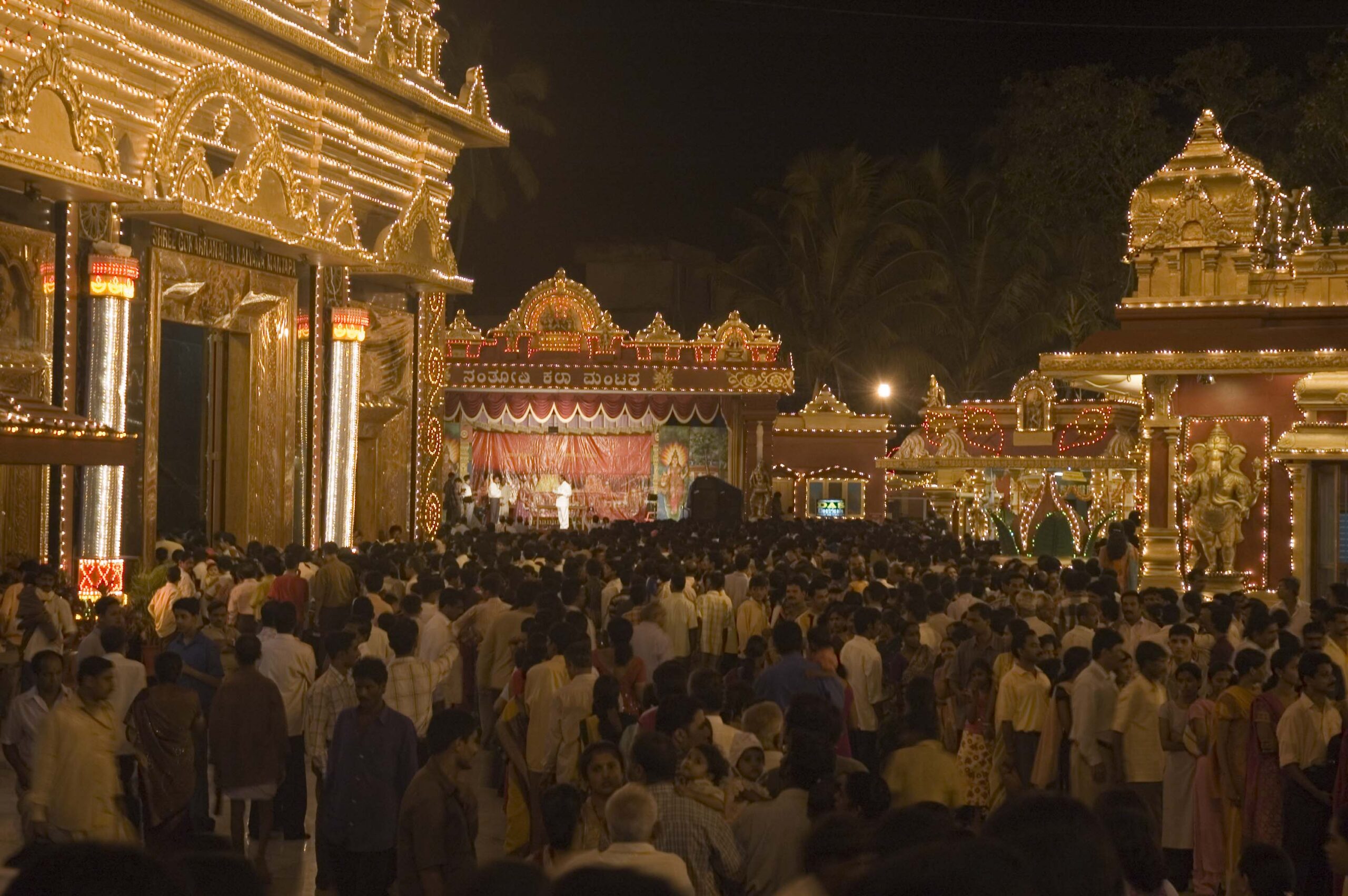
Each of these places offers a unique perspective on Diwali, showcasing the diversity and richness of traditions that define this pan-Indian festival. Visitors to these cities during Diwali can experience the cultural depth and spiritual significance that continue to make the festival a cherished event across generations and communities.
These diverse regional practices and celebrations not only signify the joyous nature of Diwali but also its importance as a pan-Indian festival that embodies a variety of cultural expressions.
International Celebrations of Diwali
The global spread of Diwali celebrations can largely be attributed to the widespread dissemination of Hindu teachings by organizations such as ISKCON (International Society for Krishna Consciousness) and BAPS (Bochasanwasi Akshar Purushottam Swaminarayan Sanstha). These groups have played a pivotal role in promoting Hindu cultural and spiritual values worldwide through a non-proselytizing approach, which emphasizes sharing wisdom and practices without the intent of conversion. This method allows individuals from various cultural and religious backgrounds to explore Hindu teachings, fostering a broader understanding and appreciation while maintaining their original faiths. By focusing on the universal aspects of Hindu philosophy such as peace, dharma, and devotion, these organizations enhance the global tapestry of spiritual and cultural understanding without altering the religious demographics of their host communities.
Diwali is celebrated around the globe wherever large Indian diaspora communities are integrated with the local culture and community. This includes the United States, United Kingdom, Canada, Australia, and parts of the Middle East and Southeast Asia. Each of these places adds its unique touch to the celebrations, blending local customs with traditional Diwali rituals, creating a multicultural expression of joy and spirituality.
United States
In cities with significant Indian populations like New York, New Jersey, and the San Francisco Bay Area, Diwali is marked by large firework displays, dance performances, and Diwali bazaars where people can buy ethnic wear, decorations, and gifts. Many Hindu temples and cultural organizations host events featuring puja ceremonies and cultural programs.
United Kingdom
Cities like Leicester and London host some of Europe’s most vibrant Diwali celebrations. Leicester’s Diwali lights switch-on attracts tens of thousands of people each year to the city’s Golden Mile, which is illuminated by thousands of festive lights. London sees a variety of events, from traditional lamp lighting and fireworks to live music and dance performances reflecting the diverse South Asian communities.
Canada
Toronto and Vancouver have large Diwali celebrations that include roadshows, cultural performances, and special markets that cater to the festive needs of the Indian communities. Toronto’s Diwali RazzMatazz is a major attraction, offering an array of activities, entertainment, and food for families.
Australia
Australia’s growing Indian community celebrates Diwali with public festivals and private gatherings in major cities such as Sydney and Melbourne. The Sydney Opera House is often lit up in festive colors to mark the occasion, and Melbourne hosts a Diwali festival that features Bollywood dance, live music, and a variety of Indian cuisines.
Southeast Asia
Countries in Southeast Asia with significant Hindu populations like Malaysia, Singapore, and Indonesia also celebrate Diwali grandly. In Singapore, the streets of Little India are adorned with lights and decorations, and the festival includes a mix of cultural exhibitions, street parades, and culinary stalls.
These international celebrations not only highlight the widespread appeal of Diwali but also its ability to bring people together, regardless of their cultural background. Through Diwali, the essence of light, knowledge, and goodness spreads far beyond its Indian origins, promoting a message of peace and unity across the world.
Reflections on Diwali Celebrations
As we conclude the first part of our exploration of Diwali, we reflect on the festival’s profound ability to unify diverse groups through its celebration of light and spirituality. The vivid rituals and widespread participation underscore Diwali’s role in fostering communal ties and spiritual rejuvenation. It invites people from all walks of life to ignite the lamps of knowledge and righteousness, promoting a message of peace and prosperity. As the lights brighten the skies, let us carry forward the spirit of Diwali, embracing its timeless lessons of joy, unity, and triumph over darkness.
Feature Image: Click here to view the image.
Visit our YouTube Channel by clicking here.
Follow us on our social median handles
Glossary of Terms:
- Diwali: Also known as the Festival of Lights, it is a major Indian festival celebrated by Hindus, Jains, Sikhs, and some Buddhists, symbolizing the victory of light over darkness and knowledge over ignorance.
- Diyas: Small oil lamps typically made from clay, used during Diwali for decoration and symbolic purposes, representing the light that protects from spiritual darkness.
- Rangoli: Artistic designs created on the floor using materials such as colored rice, dry flour, colored sand, or flower petals. Rangolis are thought to bring good luck and are a festive way to decorate homes during Diwali.
- Lakshmi Puja: A worship ritual performed during Diwali to honor Goddess Lakshmi, the Hindu deity of wealth and prosperity. Families perform this puja to seek blessings for wealth and well-being for the upcoming year.
- Earthen Lamps: Refers to the diyas used during Diwali, which are traditionally made from clay and lit with oil and a cotton wick.
- Kartik: The eighth month in the Hindu lunar calendar, during which Diwali is celebrated. It typically falls between mid-October and mid-November in the Gregorian calendar.
- Lord Rama: A major deity in Hinduism, considered the seventh avatar of the god Vishnu. His return to Ayodhya after 14 years of exile and victory over the demon king Ravana is celebrated as Diwali.
- Goddess Lakshmi: The Hindu goddess of wealth, fortune, and prosperity, both material and spiritual. She is worshipped during Diwali for blessings of prosperity and success.
- Fireworks: Explosive devices used during Diwali celebrations for entertainment. They are set off to mark the joy of the festival, though they have also been a subject of environmental and safety concerns.
- Bandi Chhor Divas: A Sikh festival that coincides with Diwali, commemorating the release of Guru Hargobind Ji from Mughal imprisonment and his arrival at the Golden Temple in Amritsar.


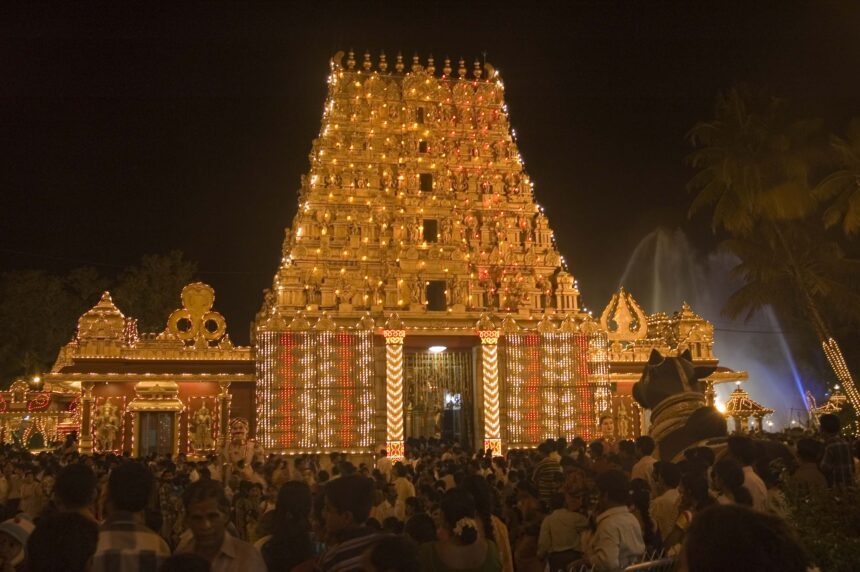
Leave a Reply